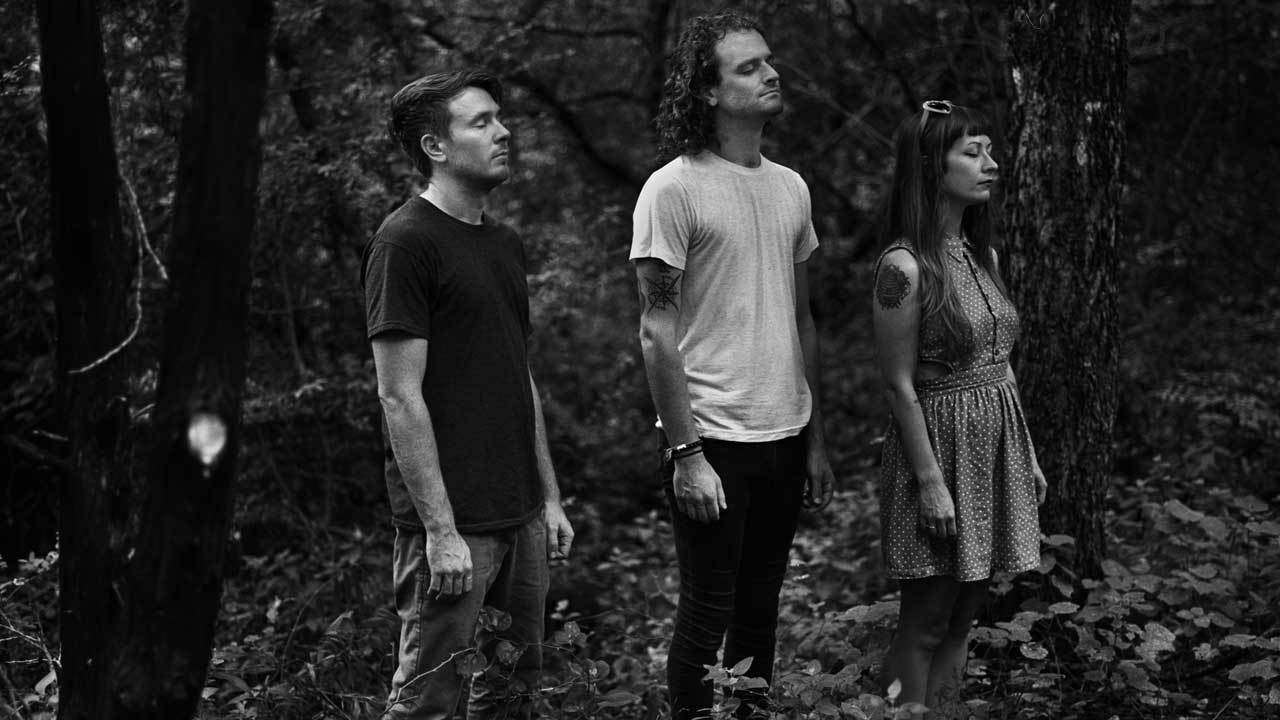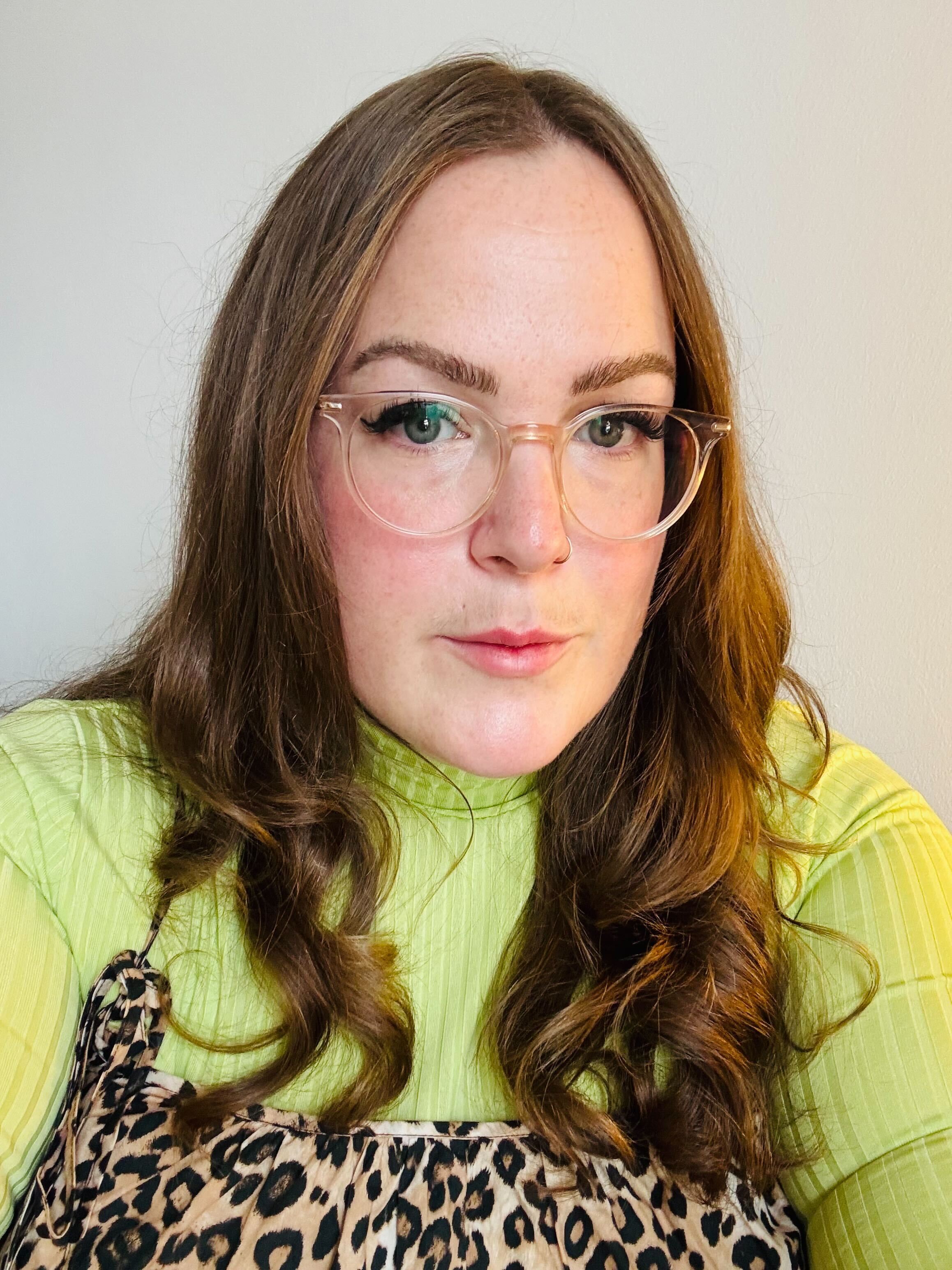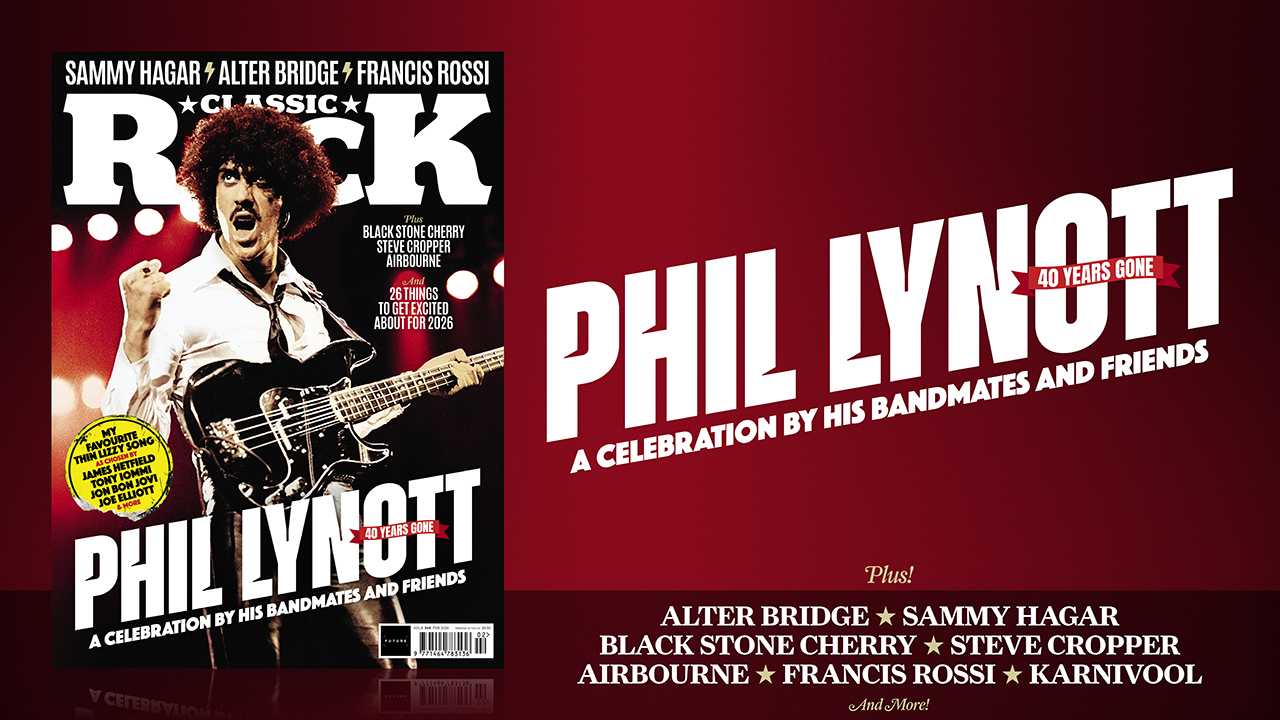Everything you need to know about Lemuria's new album Recreational Hate
American indie rockers Lemuria release their fourth album Recreational Hate today, and these are the things you need to know about it

Buffalo-born indie-punk trio Lemuria have been helping to define the sound of the US’ indie underground ever since they reached its collective consciousness with the release of 2008 debut Get Better. Cut to 2018, with the band scattered across the US, the likelihood of a new album – something which had been five years in the making – seemed increasingly low.
Until, obviously, they sneak-released one to unsuspecting fans at the end of last year. Now, Lemuria are unveiling new album Recreational Hate to the masses. We catch up with co-founder Sheena Ozzella to find out everything you need to know about the record.
You sneak-released the album for fans at the end of last year. What was behind that decision?
“I have to give credit to our drummer, Alex for this plan. He’s the one who initiated all our past secret records – we’ve done a few secret records, extra stuff for people who actually would’ve wanted it. We decided to do a secret record because we’ve been recording for over a year, in a couple of different places, so in general the way we do things currently is a little bit slow.
We have a lot more time to think about things, which I think was a good thing for this particular record, because we were able to do exactly what we wanted with it. Putting it out on our own is something we’d always considered, but we weren’t sure if that was going to be the best idea, just because we live in this world where if you don’t have help from a label, it can be really hard. We feel really lucky, because we put the pre-orders up for this record, and a lot of people ended up ordering it – we’re privileged people for many reasons, but one being that our band has been around for a long time, and we were really lucky to be able to crowd-source the funding that we needed for the record almost immediately. So those fans got it early.”
It’s been five years since the release of your last album, The Distance Is So Big. What took you guys so long?
“We really just wanted to take our time and make sure every single song on the album was exactly what we wanted it to be, without the pressure of needing to think that anyone was going to think it was too weird or whatever. We had a lot of really amazing people come and play on it – we had a trumpet, which we don’t usually have, and we had some slide guitar on there too, which was something we collectively always wanted to experiment with, but didn’t have the time or the people to do it with, so we finally got to do it on this record.
The latest news, features and interviews direct to your inbox, from the global home of alternative music.
It helps that in the two locations we recorded in – Austin being one of them, where we did most of it – there’s a plethora of incredible musicians. Then in Baltimore, we had a very good friend, Tony, who tours with us, come in and add to it, too. We were really able to fully relax on this one; re-record things if we didn’t think they were good enough. Also, we didn’t care about how many songs were going to be on it. I think some bands pick a number of tracks they want, you record more than you need and cut them back – we knew we wanted to just add the songs we were 100 per cent proud of on this record. We ended up recording 15 songs total I think, so we had a lot of room to work out where we could put the ones we really wanted on it.”
Did you approach the recording process any differently this time around?
“I think we did a little bit, just because for a long time we all lived in the same place, we were practicing regularly, we were around each other a lot more, we were touring more often than we do now. So I think for this record, we took longer to really settle in on the sound. Then when we got together, we would just spend hours together in a room finishing up the songs, so this record is a very concentrated album for us. I think it worked out really well; I don’t know if we’ll do that for future records, but I think it really helped that we did have the time when we got together to really hash songs out. Because you can write a song by yourself, but it’s not until you get it to the people you actually write music with that it feels like it’s going to be anything. The eight-hour days we just spent inside of a room without windows is what made us be able to really put the record together.”
Recreational Hate has a bit of a different sound to your previous records – is there a bit of a classic rock influence creeping in there?
“For sure, yeah. We all love Fleetwood Mac, and there’s a lot of classic rock bands – it’s funny, I was talking to a friend earlier, and I grew up on classic rock, and I love a lot of the lyrically horrible rock’n’roll, mainly like AC/DC, y’know, horrible, sexist shit; it makes me feel awful inside that I enjoy the music, but I grew up on it, so obviously it hits a note with me. I guess that’s a different kind of rock’n’roll, but definitely with classics, some Fleetwood Mac, Talking Heads, we all listen to that and love a lot of those records. The production on a lot of those records is definitely an inspiration for us, because they sound so natural – especially some of the older records – and I think for this record specifically, we wanted it to be very ‘nice’ sounding; something you could listen to and not hear machines.”
- The 10 best Leonard Cohen lyrics, by Lemuria's Alex Kerns
- Lemuria announce surprise new album Recreational Hate
- 10 years of Get Better: Lemuria revisit their breakthrough album
- TeamRock+ Membership is now £2.99/$3.99!
Speaking of the production, you worked with [Grammy Award-winning, Weezer’s Blue Album -producing] Chris Shaw. How was that?
“He’s awesome. He’s a really funny, normal, dorky dude. I obviously knew some of his work before we worked with him, so we were stoked for a number of reasons, but also he’s a very chill guy, and he’s very honest, which is what helped a lot on this record. You go to a lot of people that record you and they only give you as much input as you want them to, and I don’t know if we ever really asked for too much input on previous records. But for this record, we were really open to ideas on harmonies, what kind of pedals to use on what parts, and I think he felt comfortable giving us a lot of advice because from the very beginning we told him ‘This is why we want to go to you’. I also think he’s a very simple producer. You would think because of the people he’s worked with, he’s pulling out the big machines and the weird things that makes things sound a certain way, but I feel like when it comes down to it, he’s very natural in the recording process, and that really helped us, too.”
You’ve spent the last year revisiting 2008 album Get Better in full. How did that influence the new album?
“I don’t know if it affected anything with this record. Most of Recreational Hate was written before we did that tour last year. All of our records have very specific moments in our lives where I think the themes hold heavy on certain records, and I feel like Get Better for us was – at least Alex and mine’s – very first moments of figuring out what we were going to write about, lyrically, and how open we were going to be with ourselves. I’m really proud of that record because it was our first entry into that feeling of how good it feels to be able to write and sing about things and have people relate. I think it’s nice that we could do that then, and that it lead to the progression of the band to now, where we’re still writing about a lot of the same things, but we’re able to relax a lot more and do it because we need to get it out. I think most musicians would say that – that it’s a release you emotionally need for yourself, and Get Better was a gateway to learning how to get those emotions out via music.”
Recreational Hate is available now via Big Scary Monsters.
This article is part of the #SheRocks online campaign. Check out more #SheRocks content on Twitter, Facebook, and over on the TeamRock site.
Classic Rock, Metal Hammer, Prog & TeamRock launch She Rocks month
50 women who changed rock'n'roll
Investigating the workshops clearing the path for female sound engineers
Briony is the Editor in Chief of Louder and is in charge of sorting out who and what you see covered on the site. She started working with Metal Hammer, Classic Rock and Prog magazines back in 2015 and has been writing about music and entertainment in many guises since 2009. Her favourite-ever interviewee is either Billy Corgan or Kim Deal. She is a big fan of cats, Husker Du and pizza.

